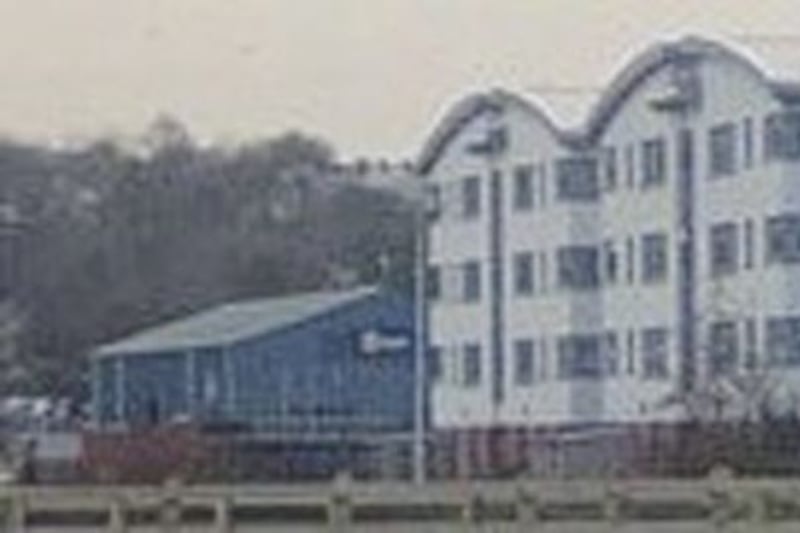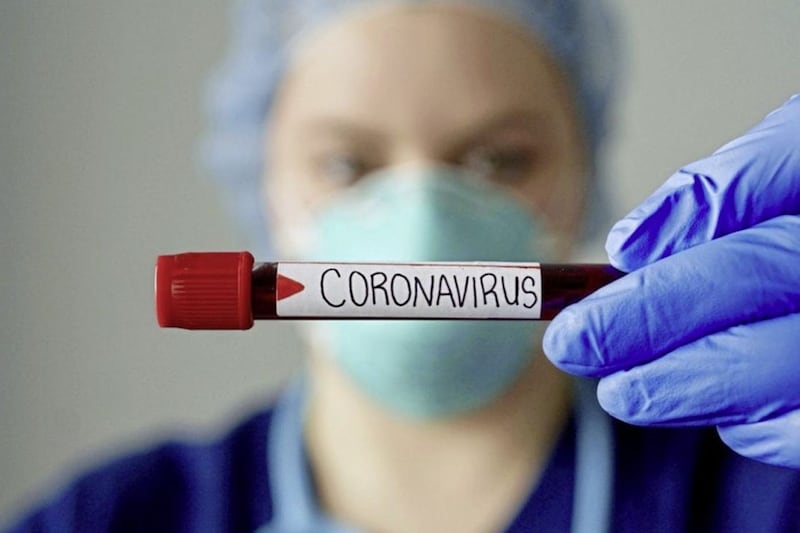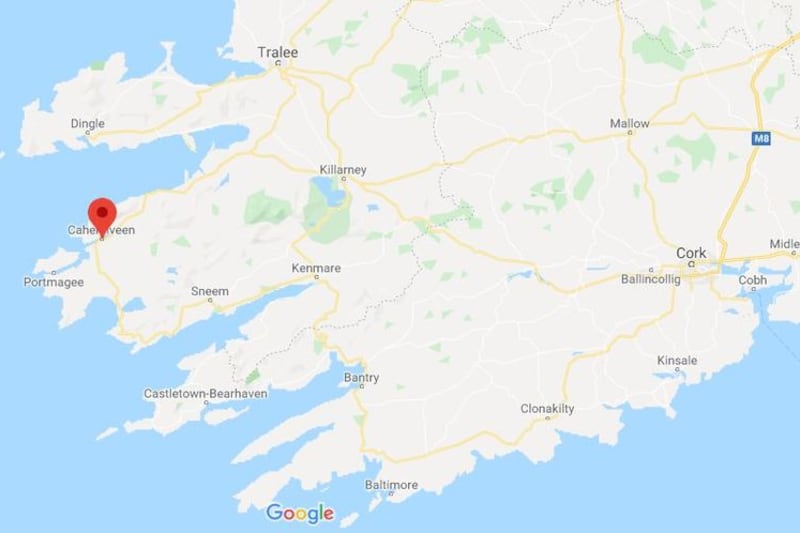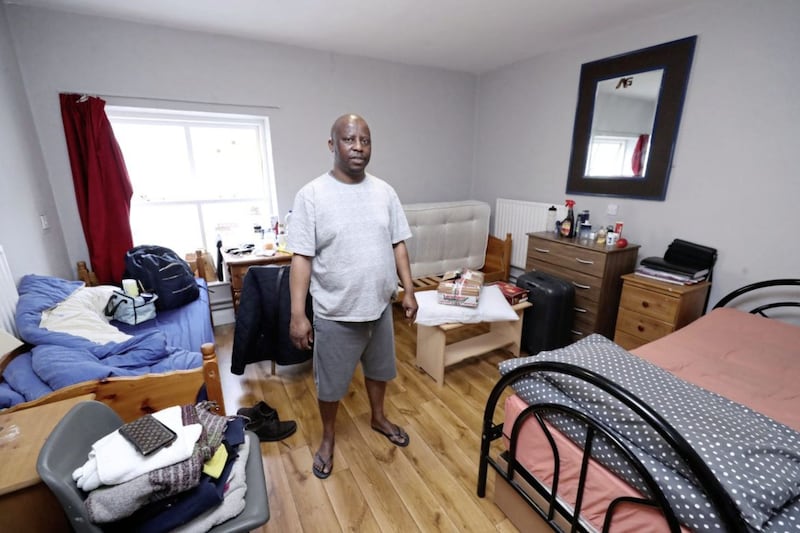An asylum seeker in Direct Provision has highlighted how difficult it can be to undertake third level education while living in unsuitable accommodation.
Lesley Mkoko (51) is a mature student in his second year studying sociology at University College Dublin through the University of Sanctuary scheme.
He is also living in a Direct Provision room in Waterford city, which he says is infested with bedbugs.
A cross-party Oireachtas committee report on Direct Provision published in December said the system needs "root and branch reform" or replacement.
However, the ongoing housing crisis means some people who have been granted asylum are remaining in the system, while there was also an increase in the numbers applying for asylum last year.
Mr Mkoko, who fled Swaziland three years ago and used to work as a chemical engineer, shares a former hotel room with two other people, and said the conditions in the centre make life very difficult.
He said this is holding back residents who want to make a better life for themselves in Ireland.
"The whole centre is infested with bedbugs. They clear out one room at a time and then put us back in," he said.
"Once you have an infestation you are supposed to clear it out and fumigate the whole centre, but they have nowhere to put us all," he said.
"Everyone is used to the cycle – a room is fumigated, you are moved out for a while and then they come back again.
"They would need to temporarily close the place down but they won't do that.
"We are breathing in the spray and the insecticides because they can't move us out completely. I have been bitten by them and am getting treatment from the GP."
The Department of Justice has been contacted for comment regarding the standards in the centre.
Mr Mkoko said he wanted third level education to escape the boredom of being in the centre all day, and to try to improve his life, but he said it can be challenging, particularly during the Christmas holidays.
"Being in the centre at Christmas is the worst stress I have to face because of the bedbugs, the lack of places to study. The bedbugs bite me all day and all night – my skin is covered in bites," he said.
"Being in jail is better than being here in Direct Provision. With jail, you know how long you are being sent away for but here – you have no idea.
"You are in limbo and don't know how long it will last. Your life is brought to a standstill until someone can decide that your life can go on.
"It would be difficult to explain to outsiders what is it like. You can have several people in a room that was not designed to house several people.
"People coming to live in Direct Provision may have mental health issues, they may be traumatised, they may come from very different cultures and then you throw them all in the same place and mix that in with the boredom – it is a recipe for disaster."
Mr Mkoko said he is looking forward to returning to UCD after the Christmas break, even though that comes with its own challenges.
"My day starts at around four in the morning, as I have to get to the bus in Waterford, and it finishes at 10 at night because I have to travel three hours back to UCD.
"I get to class after several hours travel and am very tired but the course demands that I have to apply myself and be 100 per cent."
Mr Mkoko says it is hard for him to make friends or become involved in college life because he must return to the centre or risk missing his transport home.
His Direct Provision centre does not allow him to prepare his own food, so the UCD lunch voucher is often the only meal he will get that day.
"There is very little opportunities for integration, because as soon as I finish the lecture I have to get the bus back down to the centre," he said.
"I leave the centre without a meal because the kitchen is closed at 4am, so all I live on during that day is the lunch voucher I get at UCD while I'm at college.
"When I get back to the centre at 10pm the kitchen is closed again."
Mr Mkoko said he often stays late on campus to get the last bus as the conditions and lack of WiFi in the centre make study and coursework difficult.
"It is difficult – students around the country have to commute, but living in a Direct Provision centre is an extra barrier," he said.
"I am very much affected but I would rather study and go through this than sit in Direct Provision for hours on end doing nothing and going out of my mind as so many of our brothers and sisters have.
"The days are very long if you have nothing to occupy your mind. You wake up in the morning, have your meal at the set time and if you miss it, you miss it. I would rather do what I am doing as it keeps me sane.
Mr Mkoko said he sometimes dreads weekends and mid-term breaks.
"The moment you step back into the centre, the depression just sets in," he said.
"After graduation I hope I will get my residency and be able to put my degree to good use. I don't know why I do not have residency yet as I meet the criteria, but it is a long process.
"Very few people do third level education in Direct Provision and I praise them because you need an added determination.
"The conditions in Direct Provision are not conducive to education, but people still make it, so I have big admiration for anyone who gets through education while they are an asylum seeker."
Mr Mkoko is critical of the taoiseach for saying the Direct Provision system is "an imperfect system but not an inhumane one".
"I was angry when Leo Varadkar says Direct Provision is not inhumane. He does not know what it is like to feel so out of control or what people go through here, being in the system for years on end," he said.
"It is bad. It is not good."







